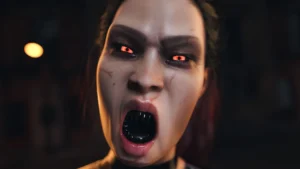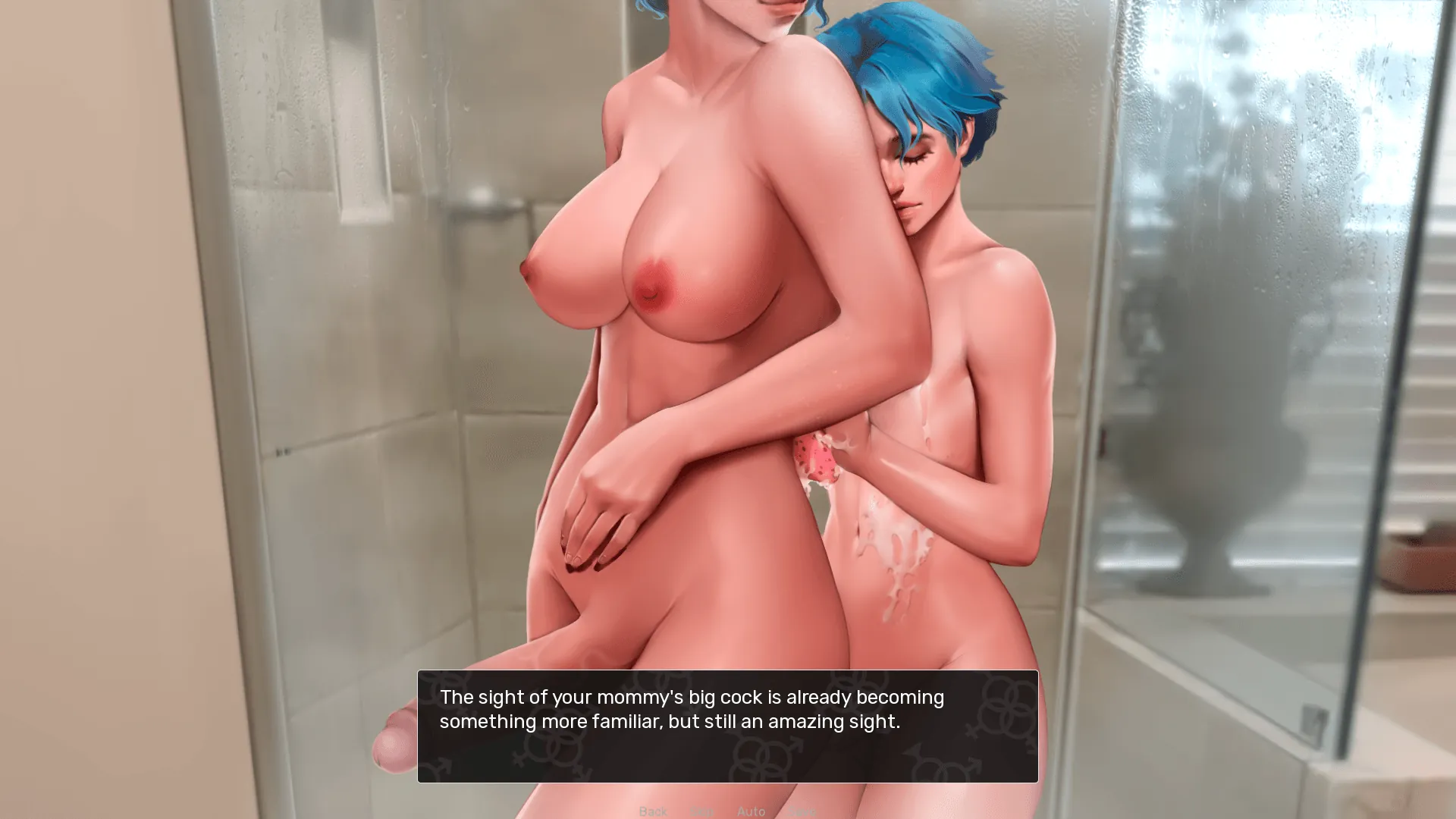
Demon Boy
Play Demon Boy
Demon Boy review
Unraveling the Complex Themes and Gameplay Mechanics
In the realm of adult visual novels, ‘Demon Boy’ stands out for its dark narrative and intricate gameplay mechanics. Developed by EroMersive, this game delves into themes of power dynamics, moral corruption, and supernatural elements. Players take on the role of a young boy navigating complex relationships and making choices that impact the story’s progression. With its controversial content and strategic gameplay, ‘Demon Boy’ offers a unique experience for fans of mature gaming narratives.
Understanding the Game’s Narrative
The Storyline and Main Characters
Let me tell you about the first time I booted up the Demon Boy game 🎮. I expected a simple supernatural romp, but what I found was a narrative that grabbed me by the collar and refused to let go. At its heart, this adult visual novel is the story of a young man who, through a strange twist of fate, becomes the tenant in a boarding house run by a mysterious landlady. Your character isn’t just moving into a new room; they’re stepping into a world where their very identity is up for grabs.
The protagonist’s transformation is the core of the experience. You start as an ordinary person, but the influence of your new environment and its inhabitants begins to change you, both physically and mentally. The real anchor of this story, in my playthrough, was the landlady. She’s not just a background character; she’s a catalyst. Her presence is constant, her motivations layered, and your relationship with her becomes the primary vehicle for the game’s central themes. This character-driven approach is what sets this title apart in the world of mature gaming 🧛♂️.
Exploring Themes of Corruption and Power
If there’s one thing this Demon Boy game understands, it’s how to weave a compelling theme. The corruption themes here aren’t just about a physical change into a demonic form; it’s a deeply psychological journey. The game explores how power can seduce and reshape a person from the inside out. It’s about the allure of embracing a darker, more potent version of yourself and the consequences that come with it.
I remember a specific story branch where my character was offered a taste of real power. The game presented it as a simple choice, but the ramifications were anything but. It wasn’t about “good” or “evil” in a cartoonish sense. It was about the slow, insidious corruption of my character’s original goals and morals. The power I gained felt incredible at first—liberating, even—but it began to erode my relationships and lock me into certain narrative paths. This is the brilliance of the game’s writing; it makes you complicit in your own character’s moral decay, creating a uniquely personal connection to the story. This is a hallmark of sophisticated adult visual novel storytelling 💀.
How Player Choices Impact the Story
This is where the Demon Boy game truly shines and becomes more than just a story you watch—it becomes a story you build. The concept of a player-driven narrative is executed masterfully here. Your choices, from the seemingly mundane conversations to the major moral crossroads, have tangible, cascading effects. There is no single “correct” path; there are only your paths.
Your interactions with the landlady are a perfect example. Is she a mentor, a manipulator, or something more? Your dialogue choices and actions directly shape this dynamic. A series of trusting, open responses might unlock a supportive, almost familial bond, leading to one ending. Conversely, choosing suspicion and defiance could turn your relationship into a tense power struggle, culminating in a completely different conclusion for both of you. The game’s replay value is immense because of this intricate player-driven narrative structure.
Pro Tip: Don’t be afraid to save your game before major decisions! Experimenting with different choices is the best way to see the full breadth of the story the developers have crafted.
Let me give you a concrete example from my own experience. Early on, I discovered a hidden artifact in the boarding house. I had a choice: show it to the landlady immediately, keep it for myself to study, or destroy it. 🤔
- Choice A (Show it): This built immediate trust with the landlady, unlocking new, more intimate conversation options and setting me on a path where we worked together.
- Choice B (Keep it): This created a secret that fueled a narrative of personal ambition and paranoia, eventually allowing me to usurp her position in one of the endings.
- Choice C (Destroy it): This led to a path of attempted rejection of the supernatural world, resulting in a more tragic, isolationist ending.
This single decision had ripple effects for the next several hours of my playthrough, proving just how meaningful your agency is.
| Your Key Decision | Short-Term Impact | Potential Long-Term Outcome |
|---|---|---|
| Embrace the demonic power offered | Gain immediate abilities, alter character appearance | Unlock “Ascended Demon” ending path |
| Resist the internal changes | Struggle with weaker stats, maintain human connections | Lead to “Human Resolve” or “Fragile Truce” endings |
| Align closely with the landlady’s guidance | Deepen that specific relationship, gain her protection | Possible “Shared Destiny” or “Subjugation” endings |
Ultimately, the Demon Boy game is a masterclass in making you feel the weight of your decisions. It’s a powerful example of how mature gaming can use a player-driven narrative to explore complex corruption themes, leaving you thinking about the paths taken and not taken long after you’ve put the controller down. 🏆
In conclusion, ‘Demon Boy’ offers a unique blend of dark narrative and strategic gameplay, making it a compelling choice for fans of adult visual novels. By understanding the game’s themes and mechanics, players can fully immerse themselves in the experience and explore the complexities of corruption and power.
















